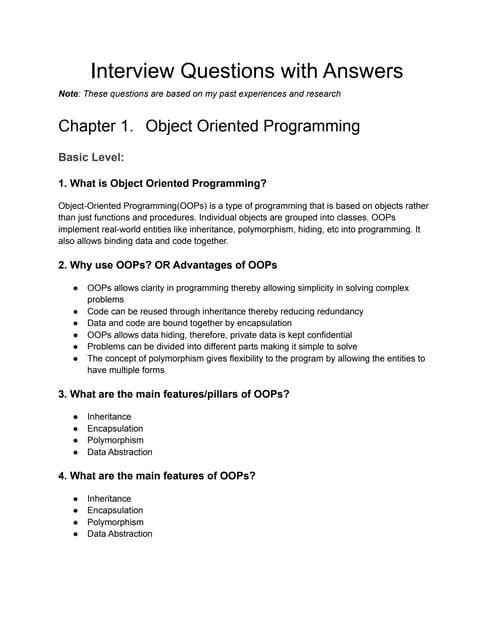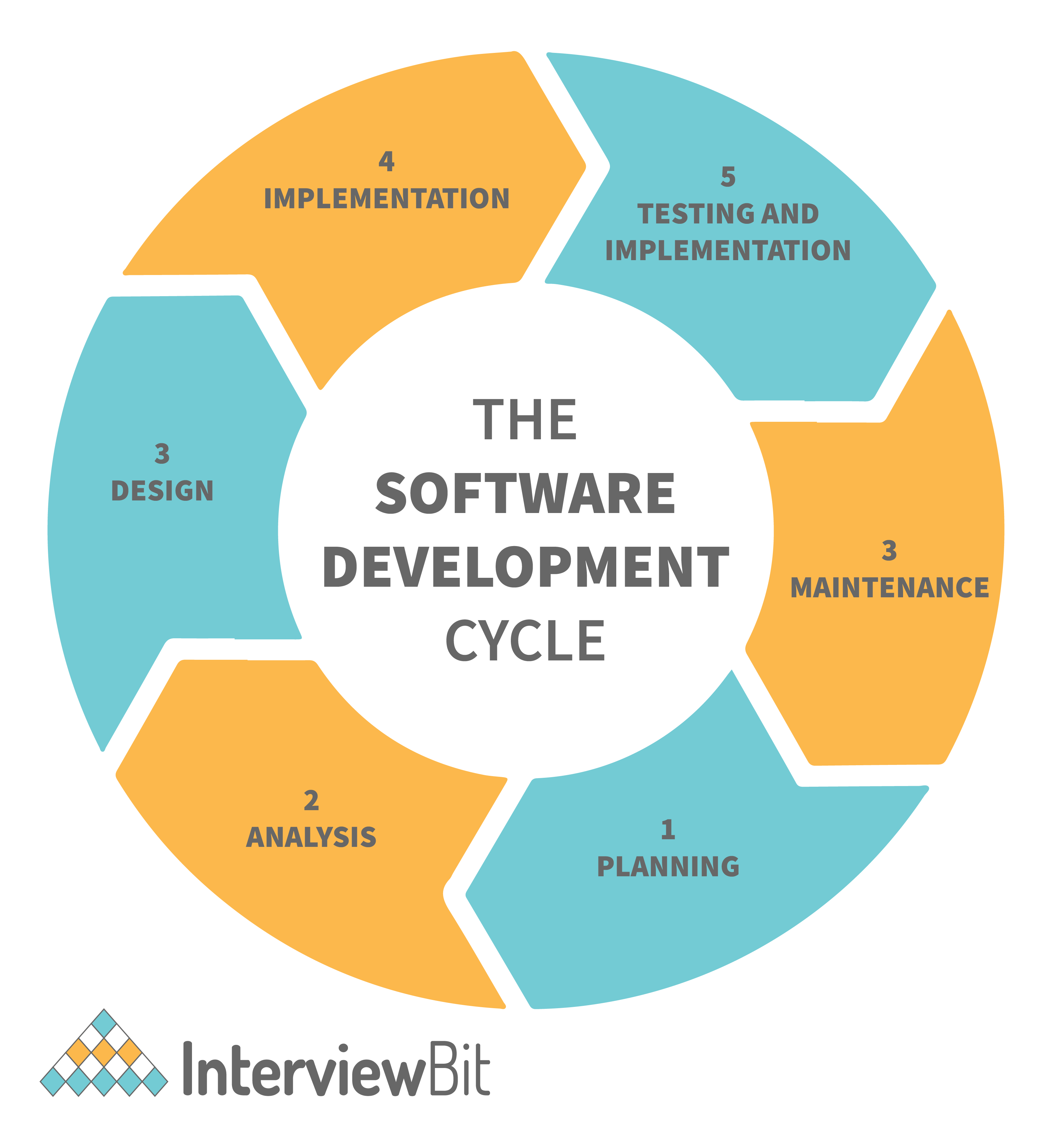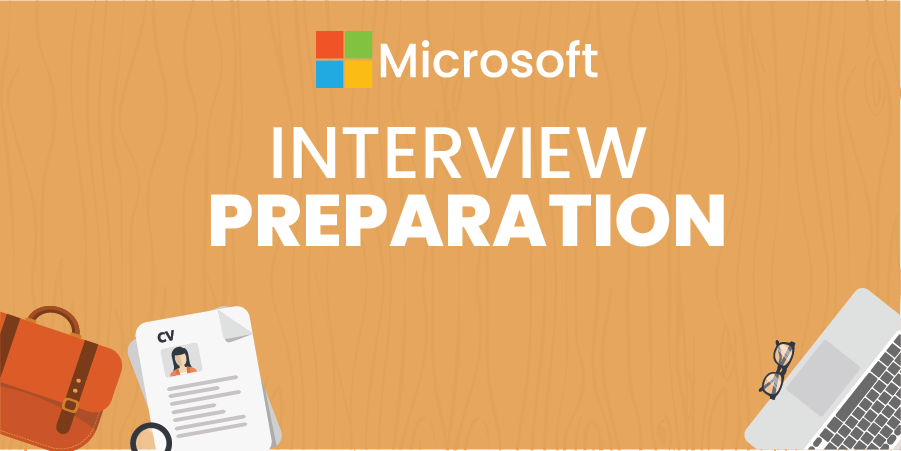All Categories
Featured
Table of Contents

[/image][=video]
[/video]
Uses a selection of AI-based evaluations that imitate real technological meetings. Practice with buddies, peers, or by means of AI simulated interview platforms to simulate meeting environments.
This aids recruiters follow your reasoning and assess your problem-solving strategy. If a problem statement is unclear, ask making clear inquiries to ensure you understand the needs before diving right into the remedy. Beginning with a brute-force remedy if necessary, then talk about how you can enhance it. Interviewers intend to see that you can think critically about trade-offs in efficiency.
Netflix Software Engineer Hiring Process – Interview Prep Tips

Job interviewers are interested in just how you approach obstacles, not just the final answer. After the interview, reflect on what went well and where you can boost.
If you didn't obtain the deal, demand comments to aid direct your further prep work. The trick to success in software program design meetings depends on consistent and complete prep work. By concentrating on coding obstacles, system layout, behavioral inquiries, and utilizing AI simulated interview devices, you can efficiently simulate actual interview conditions and improve your abilities.

The objective of this message is to explain just how to prepare for Software program Design interviews. I will provide a review of the framework of the technology interviews, do a deep dive into the 3 kinds of meeting inquiries, and give resources for mock interviews.
how would you design Twitter/Uber/Airbnb/ Facebook/Skype/etc, e.g. inform me about a time when you had to fix a conflict For additional information about the kinds of software application engineer meeting concerns, you can take a look at the list below resources: from: for: The sorts of technological questions that are asked during software program engineer interviews depend mainly on the experience of the interviewee, as is received the matrix listed below.
Why Communication Skills Matter In Software Engineering Interviews
The first action is to understand/refresh the basic principles, e.g. linked listings, string handling, tree parsing, vibrant programming, and so on.: This is a terrific introductory publication Elements of Shows Interviews: This book goes into a lot more depth.

Interviewers usually choose their concerns from the LeetCode inquiry database. Here are some solutions to the most common inquiries about exactly how to structure your preparation.
Use that a person. If the work description refers to a particular language, then use that a person. If you really feel comfy with several languages or intend to learn a new one, then most interviewees utilize Python, Java, or C++. Fewer use C# or Javascript. Calls for the least lines of code, which is very important, when you have time restraints.
Keep notes for every problem that you address, to make sure that you can describe them later Make certain that you understand the pattern that is made use of to resolve each issue, as opposed to memorizing an option. By doing this you'll have the ability to acknowledge patterns between teams of problems (e.g. "This is a new problem, yet the algorithm looks comparable to the various other 15 associated issues that I've fixed".
This listing has been produced by LeetCode and consists of extremely popular questions. It likewise has a partial overlap with the previous listing. Make certain that you finish with all the Medium problems on that checklist.
Software Engineering Job Interview – Full Mock Interview Breakdown

At a minimum, experiment the checklists that include the leading 50 questions for Google and Facebook. Keep in mind that many Easy problems are also easy for a meeting, whereas the Hard issues may not be understandable within the interview port (45 minutes normally). It's really crucial to focus many of your time on Tool troubles.
If you recognize an area, that seems harder than others, you must take a while to dive deeper by reviewing books/tutorials, checking out video clips, and so on in order to recognize the concepts much better. Experiment the simulated meeting sets. They have a time limit and protect against accessibility to the online forum, so they are a lot more geared to a genuine interview.
Your first goal ought to be to understand what the system layout meeting is about, i.e. what kinds of inquiries are asked, just how to structure your solution, and exactly how deep you ought to enter your response. After undergoing a few of the above examples, you have actually probably heard great deals of new terms and modern technologies that you are not so familiar with.
My idea is to start with the adhering to video clips that offer an of just how to make scalable systems. If you favor to check out publications, after that have a look at My Handpicked List With The Most Effective Books On System Design. The complying with web sites have a sample list of that you must be acquainted with: Ultimately, if have enough time and truly want to dive deep into system layout, then you can check out about extra at the list below sources: The High Scalability blog site has a collection of articles titled The real world Architectures that clarify exactly how some prominent web sites were architected The publication "Creating Data-Intensive Applications" by Martin Klepmann is the ideal book regarding system style The "Amazon's Building contractor Library" explains exactly how Amazon has built their own style If you wish to dive deeper into exactly how existing systems are developed, you can additionally check out the published documents on GFS, Dynamo, Haystack, Cassandra, Bigtable, Plethora, Paxos, Chubby, Zookeeper, Spanner, Haystack, Kafka, Azure Storage, TAO by Facebook, Memcache The list of resources is countless, so make certain that you don't obtain shed attempting to understand every little information regarding every technology offered.
Latest Posts
The Best Websites To Practice Coding Interview Questions
How To Master Leetcode For Software Engineer Interviews
How To Break Down A Coding Problem In A Software Engineering Interview